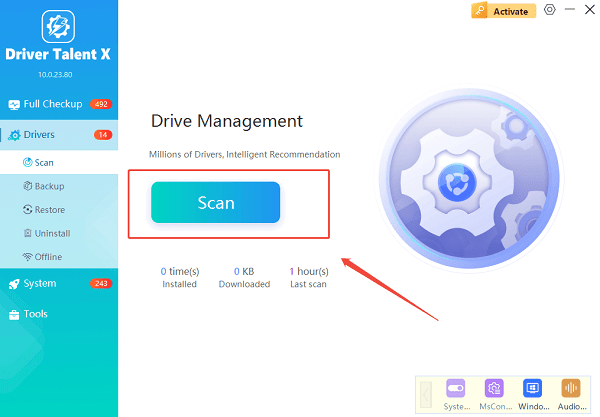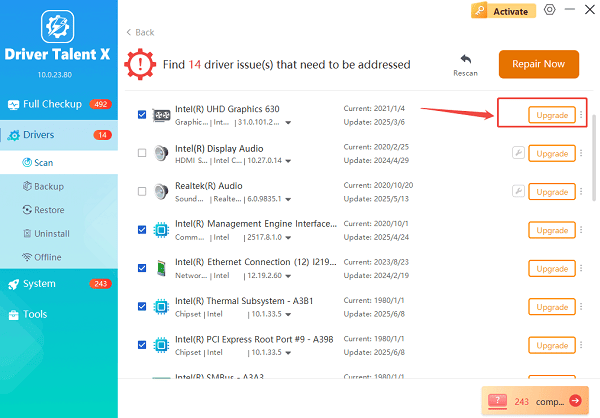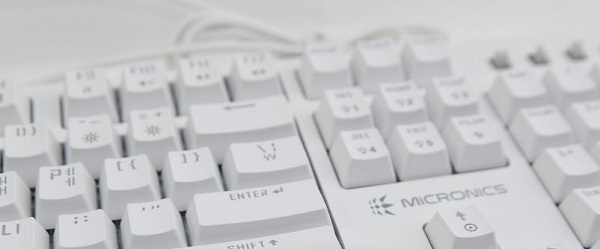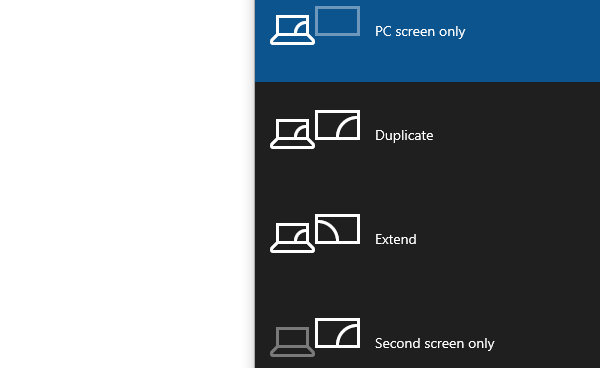An HP Docking Station expands your laptop's connectivity, allowing you to connect multiple monitors, USB devices, Ethernet, and more through a single port. Proper setup ensures seamless performance, better productivity, and full use of all your peripherals.
This guide will show you how to set up and use your HP docking station with a laptop, including how to update drivers using Driver Talent X to ensure compatibility and smooth operation.
Why Use an HP Docking Station?
Expand connectivity – Connect monitors, keyboards, mouse, external drives, and more.
Single-cable convenience – Reduce cable clutter with one connection to your laptop.
Improved productivity – Use multiple screens and peripherals simultaneously.
Enhanced network access – Use Ethernet for faster, stable internet connections.
Step 1: Prepare Your Laptop and Docking Station
Before starting, ensure:
Your laptop supports the docking station connection (USB-C or proprietary HP docking port).
All necessary cables are available, including power adapters and display cables.
Your laptop is powered on.
Step 2: Update Drivers Using Driver Talent X
Updating drivers is crucial to avoid device conflicts and ensure all docking station ports work correctly.
Download The Driver Talent X:
Click "Download" to download and run the installer, following on-screen instructions.
Open the program and click "Scan" to detect outdated, missing, or corrupted drivers.

Update Peripheral Drivers:
In the scan results, locate drivers related to USB hubs, graphics, Ethernet, audio, and docking station components.
Click "Upgrade" to install the latest official drivers automatically.

Restart Your Laptop:
Restart your computer to apply updates and ensure all devices function properly when connected to the docking station.
Tip: Use the Backup feature in Driver Talent X before updating drivers to restore previous versions if needed.
Step 3: Connect Your Laptop to the HP Docking Station
Connect the power adapter to the docking station.
Connect the docking station cable (USB-C or proprietary HP connector) to your laptop.
Wait for your laptop to detect the docking station and connected devices.
Step 4: Connect External Devices
Monitors: Connect your external monitors via HDMI, DisplayPort, or VGA ports. Configure display settings in Windows "Settings" > "Display".
Keyboard and Mouse: Plug USB devices into docking station USB ports.

Ethernet: Connect an Ethernet cable for a stable wired internet connection.
Audio Devices: Use the docking station's audio output to connect speakers or headphones.
Step 5: Configure Display and Device Settings
Right-click your desktop and select "Display settings" to arrange multiple monitors.
Choose "Extend" or "Duplicate" displays based on your preference.

Check Device Manager to ensure all peripherals are recognized.
Test connected devices to confirm everything works properly.
Step 6: Troubleshooting Common Issues
Docking station not detected: Ensure all drivers are updated via Driver Talent X and the docking cable is securely connected.
Monitors not displaying: Check display cables, update GPU drivers, and configure Display settings.
USB devices not recognized: Reconnect USB peripherals and update USB hub drivers.
FAQs About HP Docking Station
Q1: Can I use any HP laptop with the docking station?
A1: Only laptops that support the docking station connection type (USB-C or proprietary HP docking port) are compatible. Check the manufacturer's specifications before connecting.
Q2: Do I need to update drivers when using a docking station?
A2: Yes. Updated drivers ensure all ports, monitors, and devices function properly. Use Driver Talent X to quickly update all related drivers.
Q3: Can I connect multiple monitors to the docking station?
A3: Yes. Most HP docking stations support two or more monitors. Use DisplayPort, HDMI, or VGA ports and configure display settings in Windows.
Final Thoughts
Using an HP Docking Station greatly enhances your laptop's capabilities by expanding connectivity and supporting multiple peripherals. Always ensure your drivers are up to date using Driver Talent X for smooth operation and to prevent device recognition issues.
With the steps in this guide, you can connect your HP docking station, configure monitors, keyboards, and other peripherals, and enjoy a productive multi-device setup.
